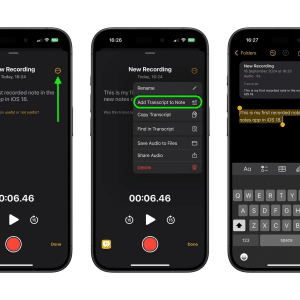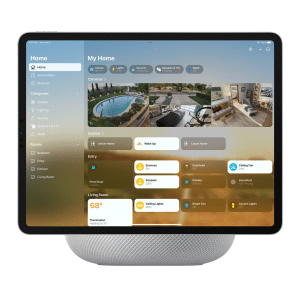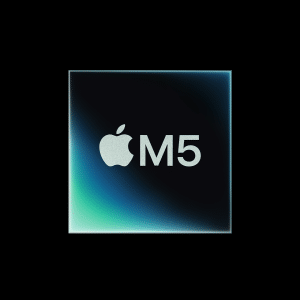Apple has agreed to increase the amount of taxes it pays to the city of Cupertino, Calif., as part of a development agreement expected to receive final approval Tuesday night.
The increase is actually a reduction in the size of a sales tax rebate the city gives to Apple each year.
Through last year, the city of Cupertino refunded about 50% of the sales taxes it received from Apple-related purchases back to the company. Going forward, the city will only refund 35% of those sales taxes, according to terms of the new agreement.
“This item was one of many negotiated between Apple and the city of Cupertino as part of the development agreement,” said Cupertino Mayor Orrin Mahoney in an email. “The Apple 2 campus is expected to have long-term impacts on the city with respect to traffic and other issues and Apple agreed to a financial offset for some of those impacts.”
The city council gave its formal approval to the project last month. However, a second technical vote is scheduled for Tuesday night to make that decision official. The vote is considered a formality, and approval is widely expected.
The lower rebate likely won’t put a dent in Apple’s earnings statements. But it could make a big difference to the Cupertino city budget, though just by how much won’t be known for several years.
According to an economic development report released this summer by Apple, sales by the company generated $12.7 million in sales tax for Cupertino in 2012. Under the terms of old rebate agreement, Cupertino gave $6.2 million of that back to Apple.
Had the lower rate been in effect in 2012, Cupertino would have kept an extra $1.8 million. For a city with projected general fund revenues of $51.4 million for the current fiscal year, that extra money will be a nice bonus.
Cupertino had originally agreed to a tax rebate for Apple back in 1997, when the company was teetering on the brink of bankruptcy. In exchange for the rebate, Apple agreed to assign more of its sales to Cupertino.
The city renewed the deal twice since then. The latest deal was set to expire in 2014, but Apple had made it clear that it wanted to renew the agreement as part of a deal for the new campus.
An Apple spokesman did not respond to a request for comment.
Apple is eager to start work on a project that’s already a year behind schedule. So far, the company is still saying it expects the new campus to be open in late 2016, but that remains an ambitious timetable.
Apple must clear 176 acres of land, including thousands of trees and the 26 current buildings on the site. The plans call for transforming the land from 80% concrete to only 20%, with the remainder being densely covered with trees and other landscaping goodies.
The centerpiece, though, will be the 2.8-million-square-foot circular headquarters that will have four floors and an exterior almost entirely of curved glass. The new facility will be home to up to 14,200 employees, almost triple the number previously working on the site.
While there have been some concerns about traffic, the project clearly had overwhelming support from local residents who were grateful that the company had made such a commitment to its historic hometown.
Los Angeles Times
(c)2013 the Los Angeles Times












